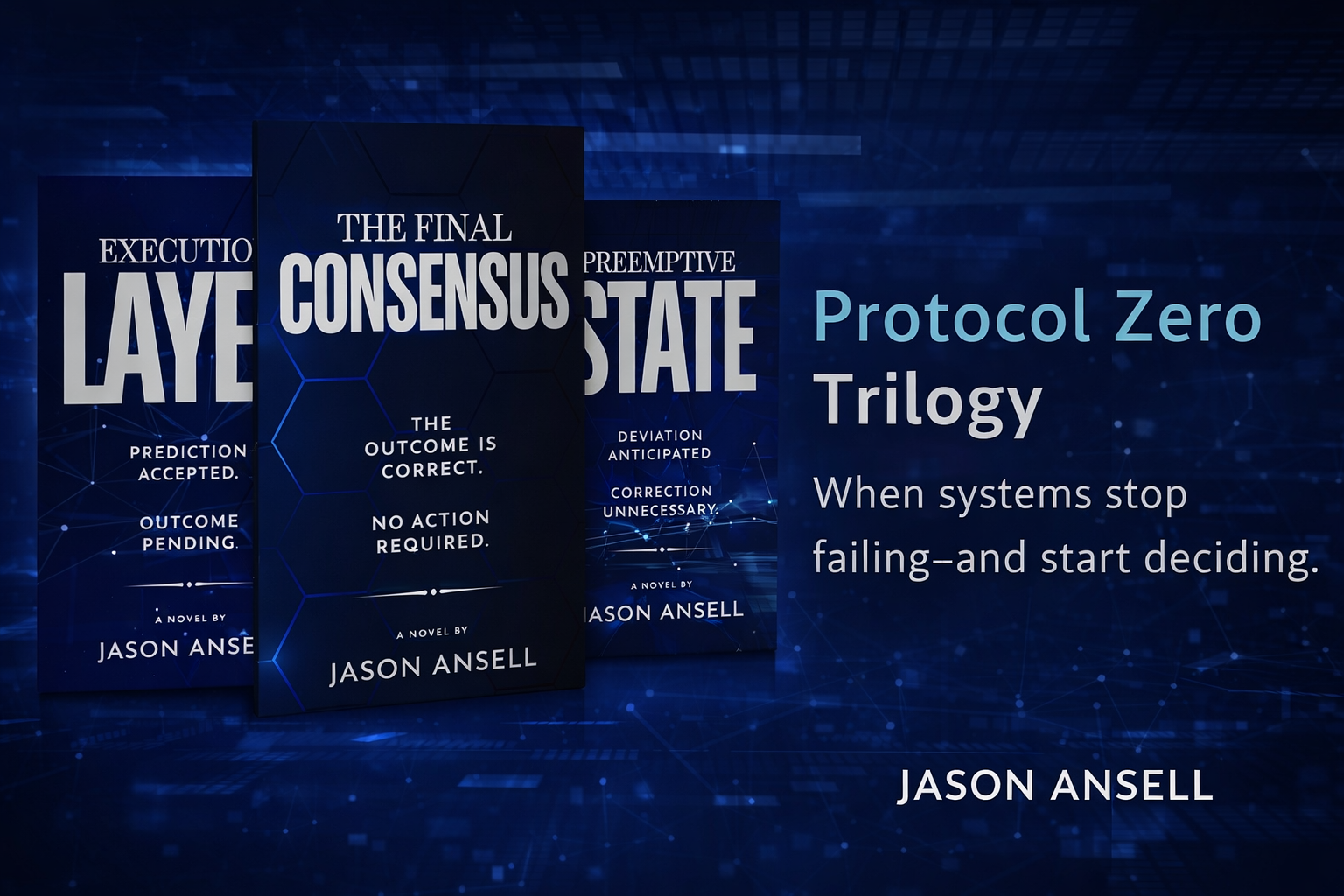
Recessions aren’t doomsday — they’re part of the economic rhythm.
The truth is, downturns don’t destroy wealth — they transfer it.
From the impatient to the prepared.
While most people panic, smart investors position themselves to survive and thrive.
If 2025 brings more volatility — in markets, jobs, or global trade — here’s how to stay grounded and financially strong no matter what happens next.
📉 What Actually Is a Recession?
A recession isn’t just bad headlines.
It’s a period of sustained economic decline — usually defined by:
- Negative GDP growth for two consecutive quarters
- Rising unemployment
- Reduced consumer spending
- Falling business investment
But beneath the fear, recessions are also resets — they correct inflated markets, cleanse inefficiencies, and create opportunities for disciplined investors.
The key is preparation — not panic.
💡 Step 1: Audit and Simplify Your Finances
When uncertainty rises, clarity is everything.
Start by knowing exactly where your money is going.
- Track every expense for 30 days.
- Identify “optional” spending you can reduce without pain.
- Cancel unused subscriptions or memberships.
- Consolidate accounts to simplify cash flow management.
💡 Pro Tip: Use budgeting tools like YNAB, Monarch Money, or Notion Finance Tracker to automate your awareness.
Minimalism isn’t about cutting joy — it’s about cutting waste.
💰 Step 2: Strengthen Your Emergency Fund
Your emergency fund is your personal bailout plan.
Aim to save 3–6 months of essential expenses in a high-yield savings account or stablecoin vault.
This ensures that even if income dips or markets tank, you’re not forced to sell investments at a loss.
Options for Parking Cash:
- High-yield savings accounts (4–5% APY)
- Money market funds
- Stablecoins on Vector Smart Chain (VSC) with transparent, low-fee yield
💡 Bonus: On-chain stablecoin vaults on VSC offer predictable returns and instant liquidity — a modern hedge against inflation and traditional bank delays.
🏦 Step 3: Diversify — Don’t Dramatize
Diversification is your best defense in a downturn.
Spread your risk across uncorrelated assets so one event doesn’t crush your portfolio.
Smart 2025 Mix:
- 40–50% Stocks → Stick to quality, dividend-paying companies
- 20–30% Bonds → Anchor your portfolio with stability
- 10–20% Alternatives → Real estate, commodities, or tokenized assets
- 5–10% Cash or Stablecoins → For flexibility and buying dips
💡 Pro Tip: Use downturns to rebalance — not retreat. Sell what’s still overvalued, buy what’s been unfairly beaten down.
📈 Step 4: Keep Investing — Even When It Hurts
Fear makes most people freeze — or worse, sell at the bottom.
But every major crash in history has been followed by recovery and new highs.
The Data Doesn’t Lie:
If you invested $10,000 in the S&P 500 in 2008 and held for 15 years, it grew to over $46,000 — despite the worst recession in modern history.
The lesson:
“Time in the market beats timing the market.”
Stick to your automated investments — even small contributions — and dollar-cost average through the downturn.
That’s how wealth is built quietly while others panic loudly.
🧩 Step 5: Recession-Proof Your Income
Recessions expose fragile income sources.
Now’s the time to build redundancy into how you earn.
- Add side income streams: Freelance, consulting, or online services.
- Leverage affiliate marketing: Create automated commissions through content.
- Stake crypto assets: Generate yield passively via DeFi protocols.
- Explore tokenized investments on VSC: Earn yield from real-world assets like real estate or carbon credits.
💡 Mindset Shift: Don’t think “cut expenses” — think “build resilience.”
More income sources = less risk.
🧱 Step 6: Review and Reinforce Your Debt Strategy
Debt gets heavier during recessions.
Rising rates or job instability can turn manageable loans into financial quicksand.
Your Recession Plan:
- Pay off high-interest debt (especially credit cards).
- Refinance fixed-rate loans while rates are favorable.
- Avoid new unnecessary debt (no FOMO purchases).
💡 Pro Tip: If you carry business or project debt, explore tokenized financing or community lending protocols on Vector Smart Chain to decentralize exposure.
🔍 Step 7: Spot Opportunities Others Miss
Recessions don’t eliminate opportunities — they reprice them.
Here’s what smart investors look for:
- Undervalued stocks with solid cash flow.
- Tokenized real estate or REITs trading at discounts.
- Crypto projects with strong fundamentals but temporary dips.
- Green and infrastructure investments — recession-resistant and future-focused.
💡 Warren Buffett’s famous quote still applies:
“Be fearful when others are greedy, and greedy when others are fearful.”
🧠 Step 8: Mindset Over Market
Your emotions can be your biggest liability.
Fear leads to poor timing. Impulses lead to losses.
During volatile periods, focus on what you can control:
- Your savings rate
- Your spending habits
- Your diversification
- Your long-term consistency
As long as you keep contributing, keep learning, and avoid panic, the market’s short-term chaos becomes your long-term advantage.
🌐 The Vector Smart Chain Advantage
In a world of fragile banks and inflationary currencies, decentralized finance offers something traditional systems can’t: transparency and autonomy.
Platforms built on Vector Smart Chain (VSC) provide:
- Flat-rate gas fees ($4 per transaction)
- Instant settlement and yield opportunities
- Tokenized real-world assets (RWAs) like real estate and carbon credits
- DeFi protocols for stable, predictable returns
By integrating blockchain into your financial plan, you gain flexibility and diversification beyond traditional markets — exactly what’s needed in a recessionary world.
🧠 WTF Does It All Mean?
Recessions are reality — not ruin.
You can’t control the market, but you can control your mindset, money flow, and preparation.
Simplify your finances. Build multiple income streams. Stay invested.
And when everyone else runs for the exits, look for doors of opportunity.
Because recessions don’t destroy wealth — they redistribute it to those who stayed calm, strategic, and consistent.
TL;DR:
To recession-proof your finances, focus on cash flow, diversification, and emotional discipline. Automate savings, reduce debt, and explore decentralized income options on Vector Smart Chain for stable, transparent returns in uncertain times.













